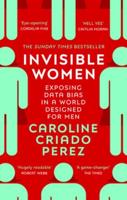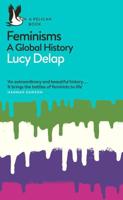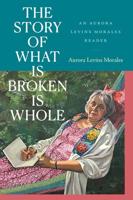Publisher's Synopsis
Social housing is almost unheard of in the U.S.-where it exists at all, it is usually limited to lowincome housing projects. The MitchellLama program in NYC, however, has since the 1950s fostered thriving complexes of highly soughtafter subsidized middleclass housing. Yet the stability of these complexes is now being threatened by a growing movement among residents to privatize their apartments. Privatization would remove these apartments from the social housing pool and allow residents to sell their units for millions of dollars on the free market. Urban planner and oral historian Jonathan Tarleton introduces us to these residents, their way of life, and the pro and antiprivatization camps into which they've coalesced. As both sides hand out pamphlets to their neighbors, campaigning and jockeying in the runup to the privatization vote, their dilemma illuminates profound issues on the nature of housing in the United States-its commodification, those who argue that it should be a public good, its increasing scarcity and unaffordability, and questions of race, class, tenant rights, indigenous sovereignty, and what we owe each other.










